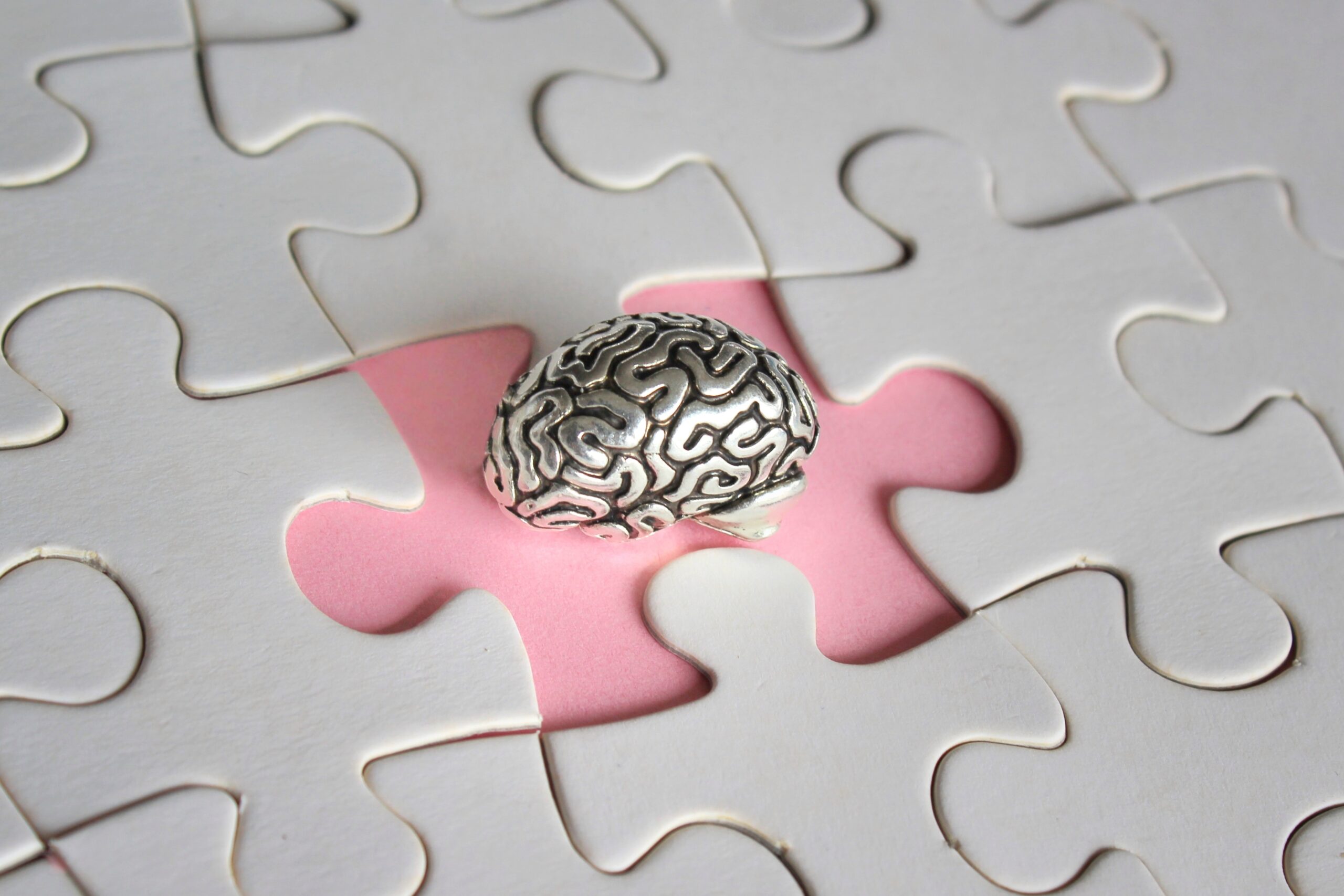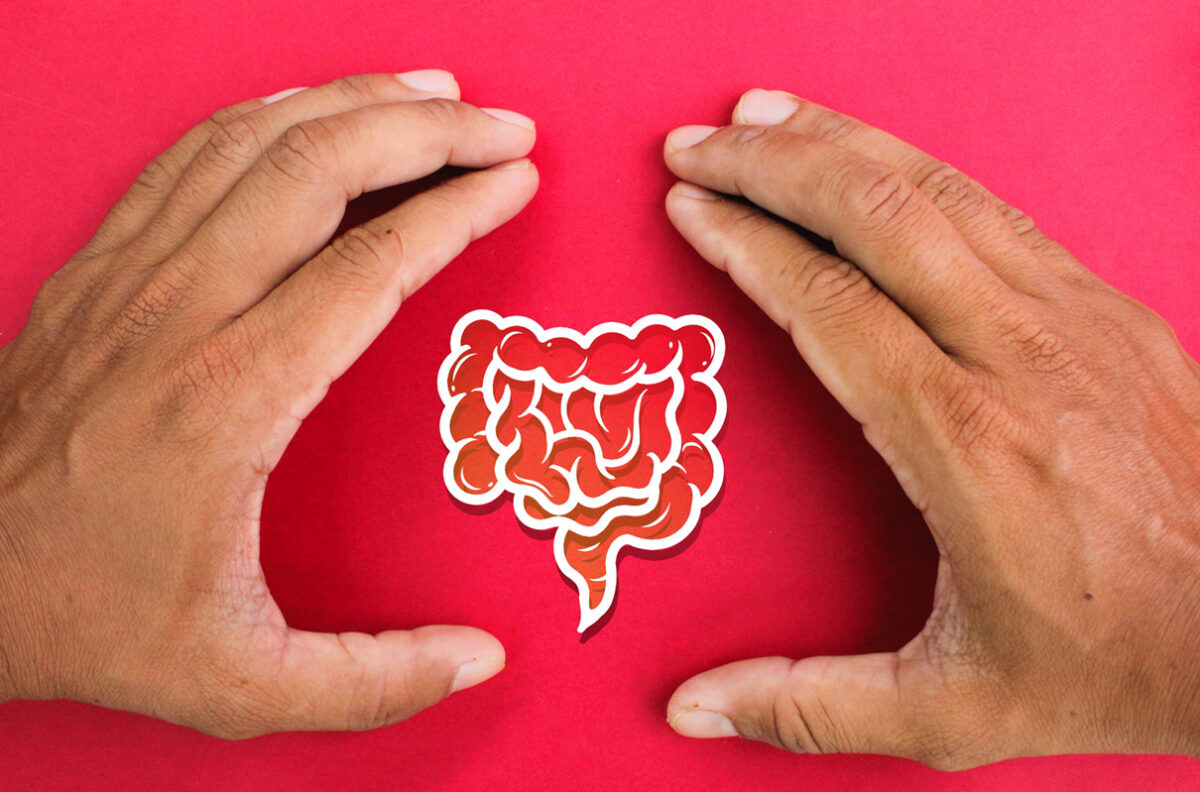Correlation Between Consuming Too Much Sugar and Memory Loss
The impact of sugar on memory and cognitive function, particularly as individuals age, is a topic that has been studied extensively in scientific literature. There is a growing body of evidence that suggests a correlation between consuming excessive amounts of sugar and the risk of memory problems and cognitive decline, especially as individuals age. Several studies have investigated this relationship, and while research is ongoing, the findings provide valuable insights into the potential impact of high sugar intake on memory and cognitive function.
Insulin Resistance
Excessive sugar consumption has been linked to insulin resistance, which can contribute to cognitive impairment. A study published in the journal Neurology in 2013 found that individuals with higher blood sugar levels performed worse on memory tests and had a greater risk of developing Alzheimer’s disease [Source: Crane, P. K., et al. (2013). Glucose Levels and Risk of Dementia. Neurology, 81(10), 888-895].
Inflammation
Chronic inflammation is associated with cognitive decline and memory problems. A review article in Annual Review of Nutrition in 2019 highlighted the role of inflammation in neurodegenerative diseases and suggested that a high-sugar diet can contribute to inflammation in the brain [Source: Solleiro-Villavicencio, H., & Rivas-Arancibia, S. (2019). Effect of Chronic Oxidative Stress on Neuroinflammatory Response Mediated by CD4+T Cells in Neurodegenerative Diseases. Frontiers in Cellular Neuroscience, 13, 301].
High Glycemic Index Foods
The impact of high-glycemic-index foods on cognitive function has been explored in various studies. Research published in the American Journal of Clinical Nutrition in 2008 found that high-glycemic-load diets were associated with poorer cognitive performance in middle-aged and older adults [Source: Foster, E. T., et al. (2008). Comprehensive Assessment of the Dietary Glycemic Index and Load and Relationships with Cognition in Middle-Aged and Older Adults. The Journals of Gerontology Series A: Biological Sciences and Medical Sciences, 63(7), 726-731].
Brain-Derived Neurotrophic Factor (BDNF)
The link between sugar consumption and reduced BDNF levels in the brain has been studied. A review article in Frontiers in Aging Neuroscience in 2014 discussed the potential role of BDNF in the modulation of cognitive function and how it may be influenced by dietary factors, including sugar intake [Source: Molteni, R., et al. (2014). Role of Brain-Derived Neurotrophic Factor in the Neuroprotective and Mood-Stabilizing Effects of Physical Activity. Neuroscience, 247, 36-48].
Advanced Glycation End Products (AGEs)
Research on the impact of AGEs on cognitive health has been conducted. A study published in the journal Molecular and Cellular Neuroscience in 2014 discussed the potential role of AGEs in neurodegenerative diseases and their impact on cognitive function [Source: Vicente Miranda, H., & Outeiro, T. F. (2010). The Pathogenic Role of α-Synuclein in Parkinson’s Disease. Movement Disorders, 25(14), 715-724].
It’s important to note that while these studies suggest a link between sugar consumption and cognitive decline, maintaining a balanced diet and a healthy lifestyle is crucial for overall brain health. Reducing added sugars and focusing on a diet rich in whole foods can support cognitive function and reduce the risk of memory problems as individuals age.




